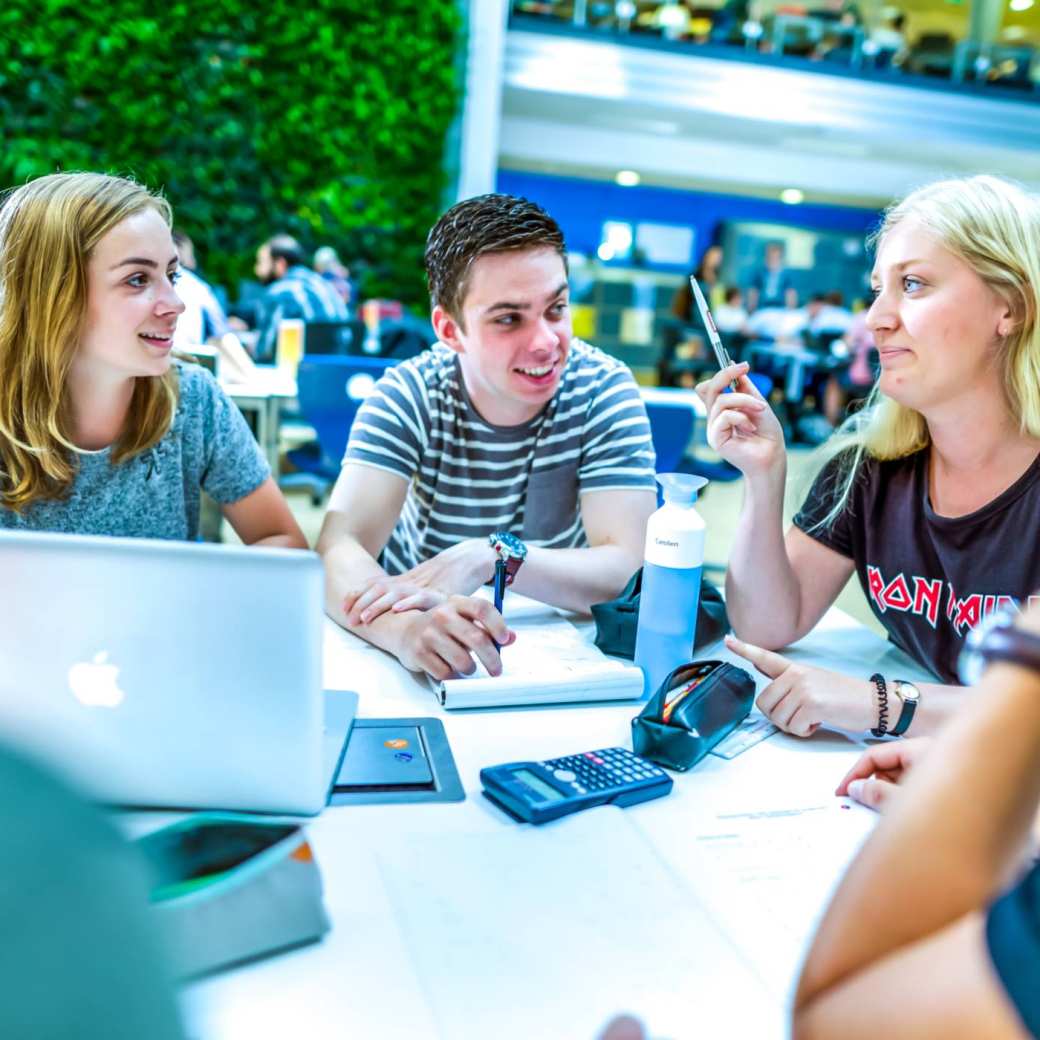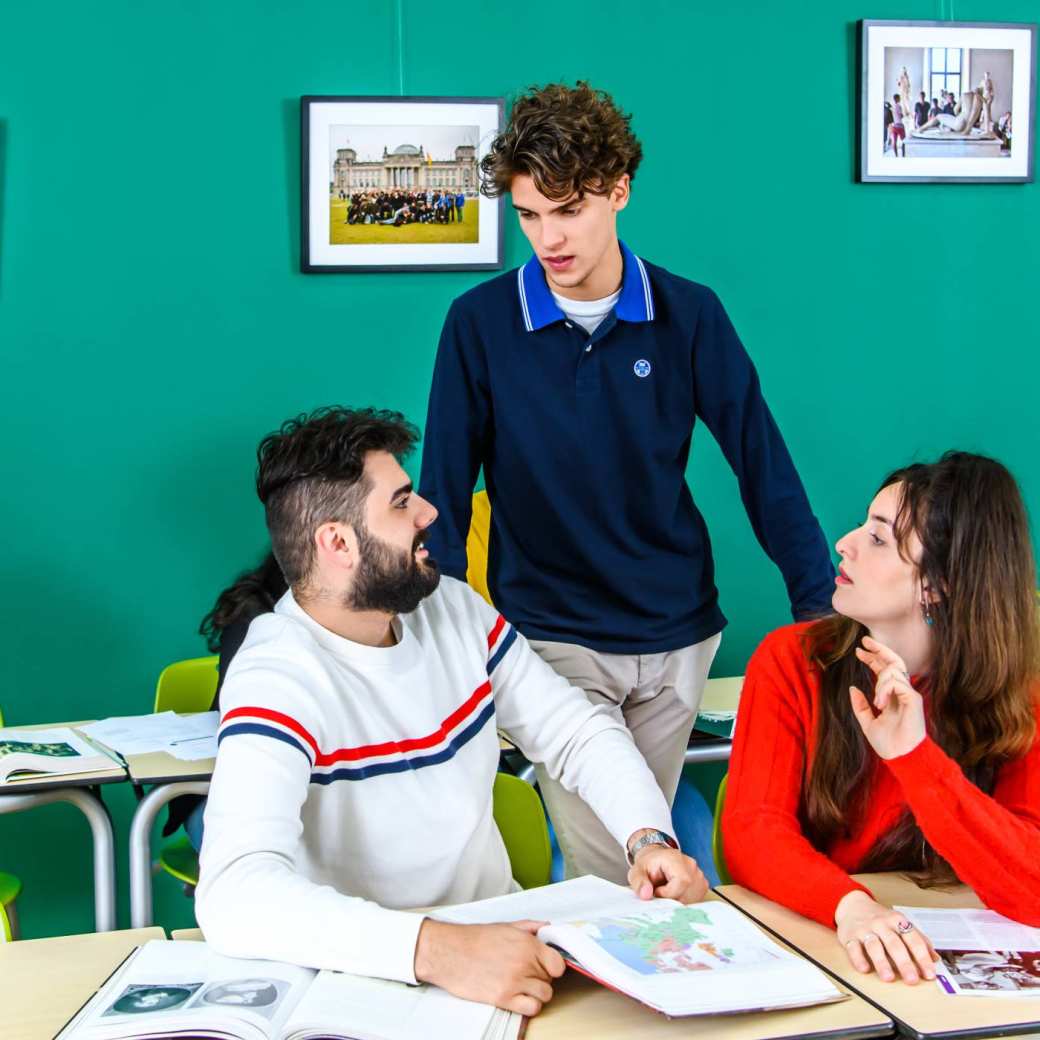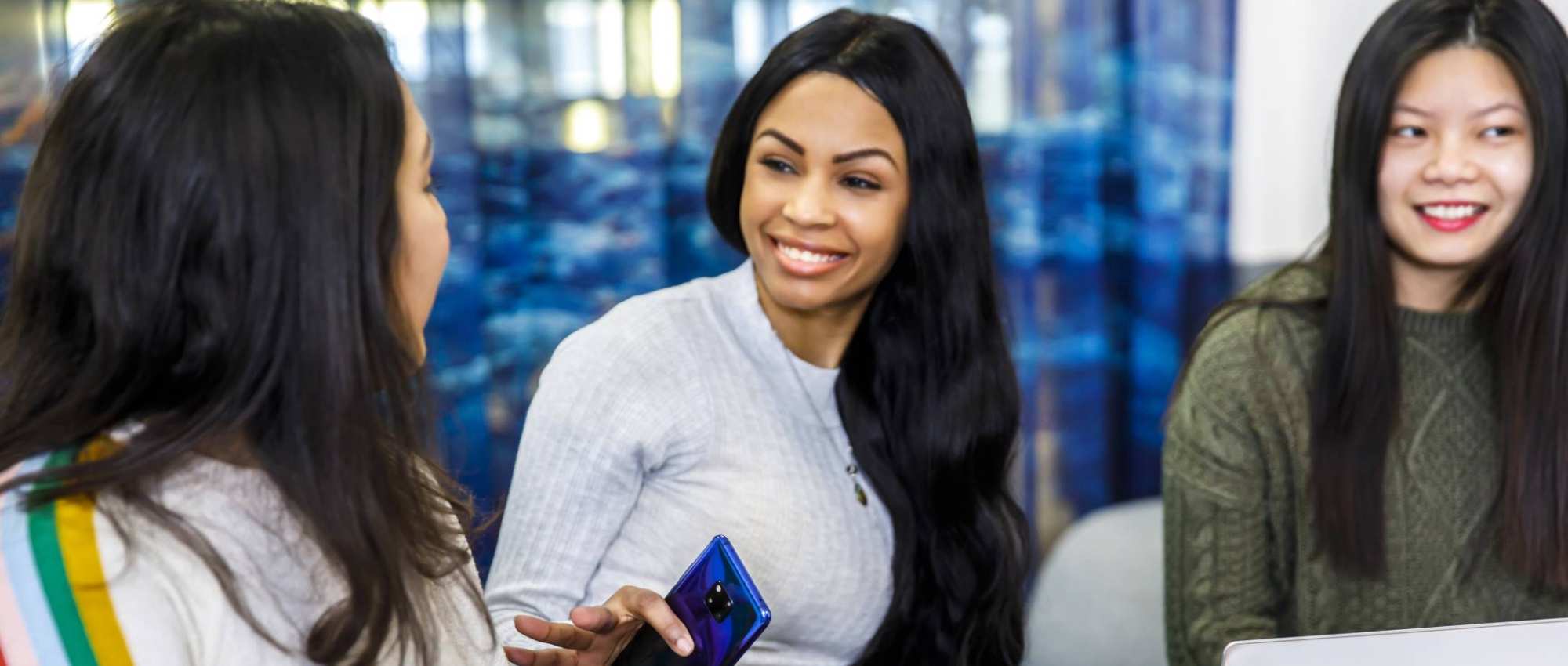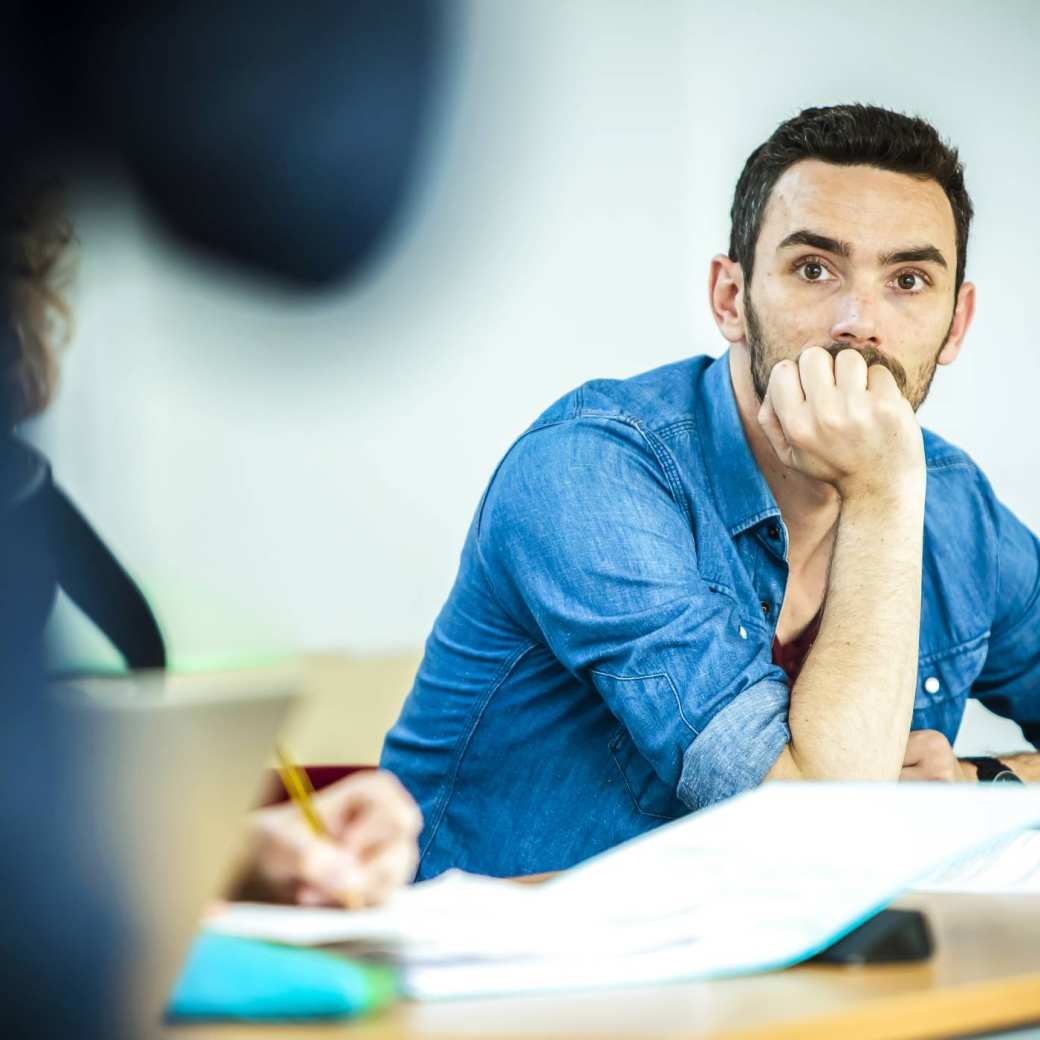Co-Create Urban Transition
The Civil Society Lab in Nijmegen awaits! Here, you learn from interdisciplinary professionals. How to manage social, economic and technical problems. Through real-life, real-time projects. You take to the work floor. And report your findings.

The program in a nutshell
In this one-semester program, your classes and workshops take place Monday through Friday. You get a feel for technical and tactical skills. Group dynamics and economic differences. You go to workshops on how to put theory into practice. And you benefit from internship.
You end the semester with an interdisciplinary real-life research and co-creation project. You present your project to your classmates and lecturers. And are prepared to answer questions and defend your answers and viewpoints.

Program details
Learning outcomes
By the end of the exchange program Co-Create Urban Transition you can:
- build a personal portfolio of your competencies
- co-create and collaborate in all manner of situations
- write a clear report on an interdisciplinary project
- hold an engaging group presentation
- carry out research in a logical and methodical way

Competences
You strengthen these competence areas during the program:
- Knowledge development
- Effective collaboration
- Report writing
- Interdisciplinary analysis
- Co-creation
- Research methods

Dutch way of learning
The atmosphere in a Dutch classroom is quite informal and your lecturers are easy to talk to. In fact, at HAN you’re seen as a partner in the learning process. Class sizes are small and your lecturers encourage you to actively participate in class. To ask questions and give your own opinion. They also stimulate you to be creative and to discover things for yourself.

HAN International Intro
Get a good start to your studies during this week of orientation:
- learn about living in the Netherlands
- become familiar with the campus
- get on board with your exchange program
- make new friends!

What about credits and grading?
At HAN we use the European Credit Transfer and Accumulation System, or ECTS. It’s the standard credit system used in higher education across Europe. How does it work? One credit = 28 hours of study. Think of contact hours. Time spent working on assignments. Preparing for exams.
One semester = 30 credits = 840 hours of study. To earn credits, you need to pass your exams. What counts as a pass? A grade of at least 5.5.

Admission
What are the admission requirements? And how do I apply?
